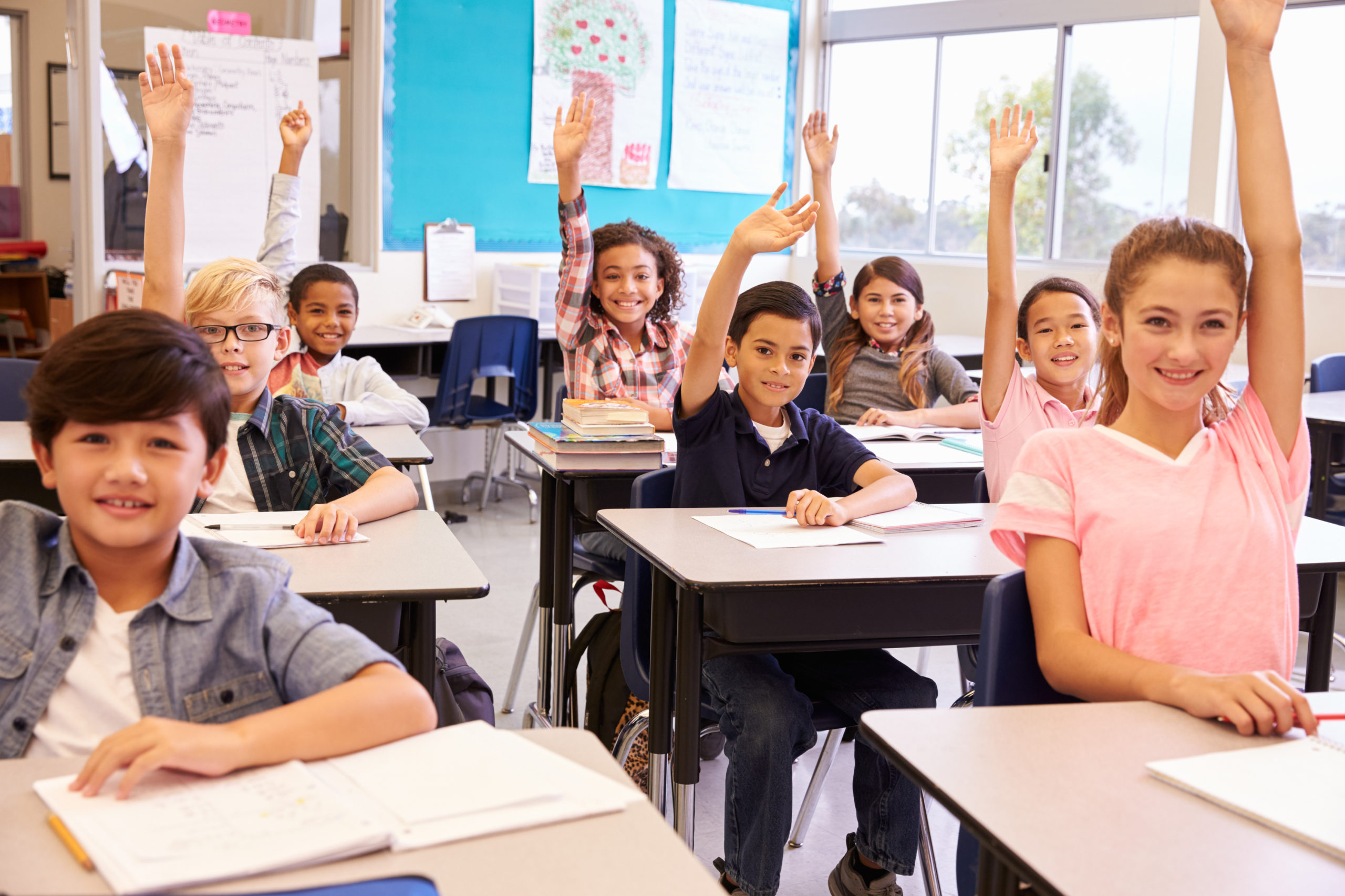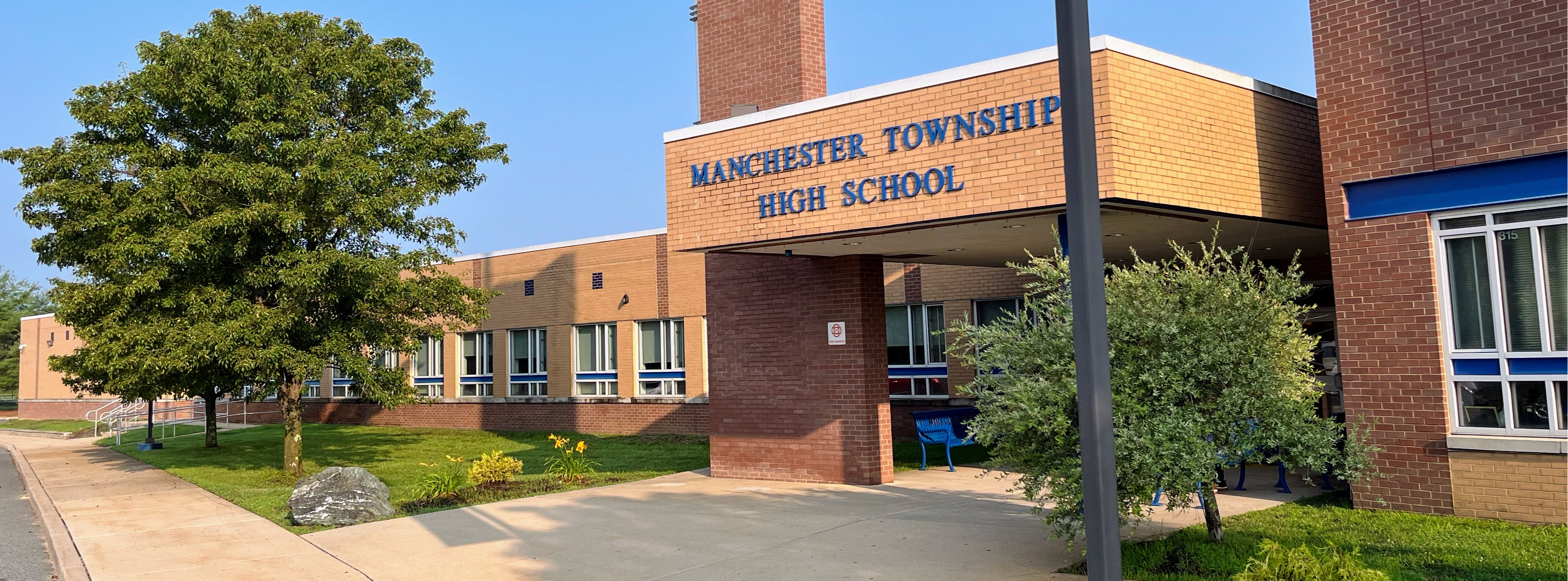The Significance of Local Assistance to Save Temecula Schools Today
The Significance of Local Assistance to Save Temecula Schools Today
Blog Article
Comprehending the Importance of Institutions in Child Advancement and Neighborhood Growth
Institutions' engagement with neighborhood areas with service-learning campaigns strengthens the bond in between families and educational establishments. This symbiotic connection emphasizes the value of institutions in nurturing energetic citizenship and lifelong learning behaviors.
Academic Accomplishment
Academic accomplishment offers as a foundation of kid development, offering the structure upon which future discovering and success are constructed. Institutions play a pivotal function in cultivating this academic development, using organized settings where youngsters can obtain necessary knowledge and cognitive skills. Standard curricula make certain that students gain proficiency in core subjects such as mathematics, science, and language arts, which are essential for both college and specialist possibilities.
Along with passing on fundamental scholastic skills, schools likewise cultivate crucial reasoning, analytical abilities, and intellectual inquisitiveness. These cognitive competencies are essential for browsing intricate real-world circumstances and adapting to the ever-evolving demands of the contemporary office. Educators, as facilitators of learning, use diverse pedagogical strategies to satisfy varied knowing designs, therefore making best use of specific student potential.
Furthermore, academic success is very closely linked to self-confidence and inspiration. Youngsters that experience scholastic success are much more likely to create a favorable self-concept and a long-lasting enthusiasm for learning. Institutions additionally provide numerous resources, such as libraries and innovation, which further improve the instructional experience and prepare students for a technically advanced culture.
Social Skill Advancement
Beyond scholastic achievement, the duty of colleges in social skill development is crucial. Schools work as a main location for children to learn and exercise crucial social skills such as problem, teamwork, and communication resolution. In the organized setting of a classroom, trainees communicate with peers, teachers, and various other school personnel, offering numerous opportunities to create these crucial capabilities.
Reliable social ability growth in colleges is helped with through group activities, collaborative tasks, and extracurricular programs. These communications aid trainees comprehend social norms, construct empathy, and cultivate a feeling of community. For instance, team tasks instruct trainees exactly how to work together towards an usual goal, pay attention to various viewpoints, and browse differences constructively.

The growing of social abilities throughout academic year lays a structure for future individual and expert partnerships. Save Temecula Schools. As pupils develop, the capability to successfully team up and connect comes to be significantly crucial, underscoring the institution's vital role in all natural youngster growth
Exposure to Diversity
Exposure to diversity in institutions is essential to fostering a comprehensive attitude and broadening trainees' perspectives. Schools act as a microcosm of the wider culture, and experiencing diverse cultures, languages, and socioeconomic histories within this setting furnishes students with essential abilities for browsing an increasingly globalized globe. This direct exposure urges compassion, decreases bias, and promotes shared respect among peers.
Research suggests that pupils who engage with peers from varied backgrounds show better analytical skills and creativity. This understanding of variety prepares trainees for future work environments that worth multicultural skills - Save Temecula Schools.

Area Engagement
The advantages of diverse classrooms prolong past the college walls, promoting a strong feeling of community engagement among pupils. By engaging with peers from numerous cultural, socioeconomic, and ethnic backgrounds, pupils obtain a more comprehensive viewpoint and a gratitude for variety. This exposure urges them to come to be active citizens that agree to add positively to their neighborhoods.
Schools that stress community interaction often integrate service-learning tasks, which allow students to resolve real-world troubles while applying scholastic skills. These projects great post to read not only enhance pupils' understanding of their coursework but also infuse a feeling of duty and empathy. Additionally, collaborations in between schools and regional organizations offer trainees with possibilities to join community events, even more solidifying their duty as positive area members.
In addition, parental and neighborhood participation in schools reinforces the bond between schools and the areas they offer. When colleges open their doors to community events, workshops, and volunteer chances, they create a joint setting that benefits all stakeholders. This mutual assistance system guarantees that students obtain all natural development, preparing them to become all-round individuals who add and value to their neighborhoods. Through these efforts, colleges play a pivotal function in supporting area involvement and cultivating social growth.
Lifelong Discovering Behaviors
Establishing long-lasting discovering behaviors is important for a kid's constant development and adaptability in an ever-changing world. Institutions play a critical duty in instilling these behaviors by developing an environment that fosters inquisitiveness, crucial thinking, and a love for expertise. Via diverse educational programs and extracurricular activities, instructors encourage students to explore different topics, evaluate info seriously, and use their finding out to real-world scenarios.

Additionally, colleges offer an organized atmosphere where youngsters can establish self-control and time management skills, both of which are essential for continuous learning. By highlighting the significance of establishing objectives, assessing development, and adjusting techniques, academic organizations prepare students to browse the complexities of grown-up life, ensuring they stay lifelong students and contributors to culture.
Final Thought
In final thought, colleges are vital in promoting youngster growth and neighborhood growth by offering settings favorable to scholastic accomplishment, social ability advancement, and direct exposure to diversity. Eventually, institutions cultivate lifelong understanding behaviors, gearing up people with the necessary knowledge and abilities to add favorably to culture.
In the organized setting of a class, pupils engage with peers, educators, and various other institution personnel, supplying various chances to create these vital capabilities.
In significance, exposure to variety within schools not just enhances specific trainees yet additionally enhances the social fabric of the area as a whole.
The benefits of varied classrooms prolong past the school wall Read Full Report surfaces, cultivating a strong sense of area engagement among students.Colleges that highlight neighborhood engagement usually incorporate service-learning tasks, which enable students to deal with real-world problems while using scholastic abilities. Collaborations in between institutions and neighborhood companies supply students with possibilities to get involved in community events, further solidifying their role as positive neighborhood members.
Report this page